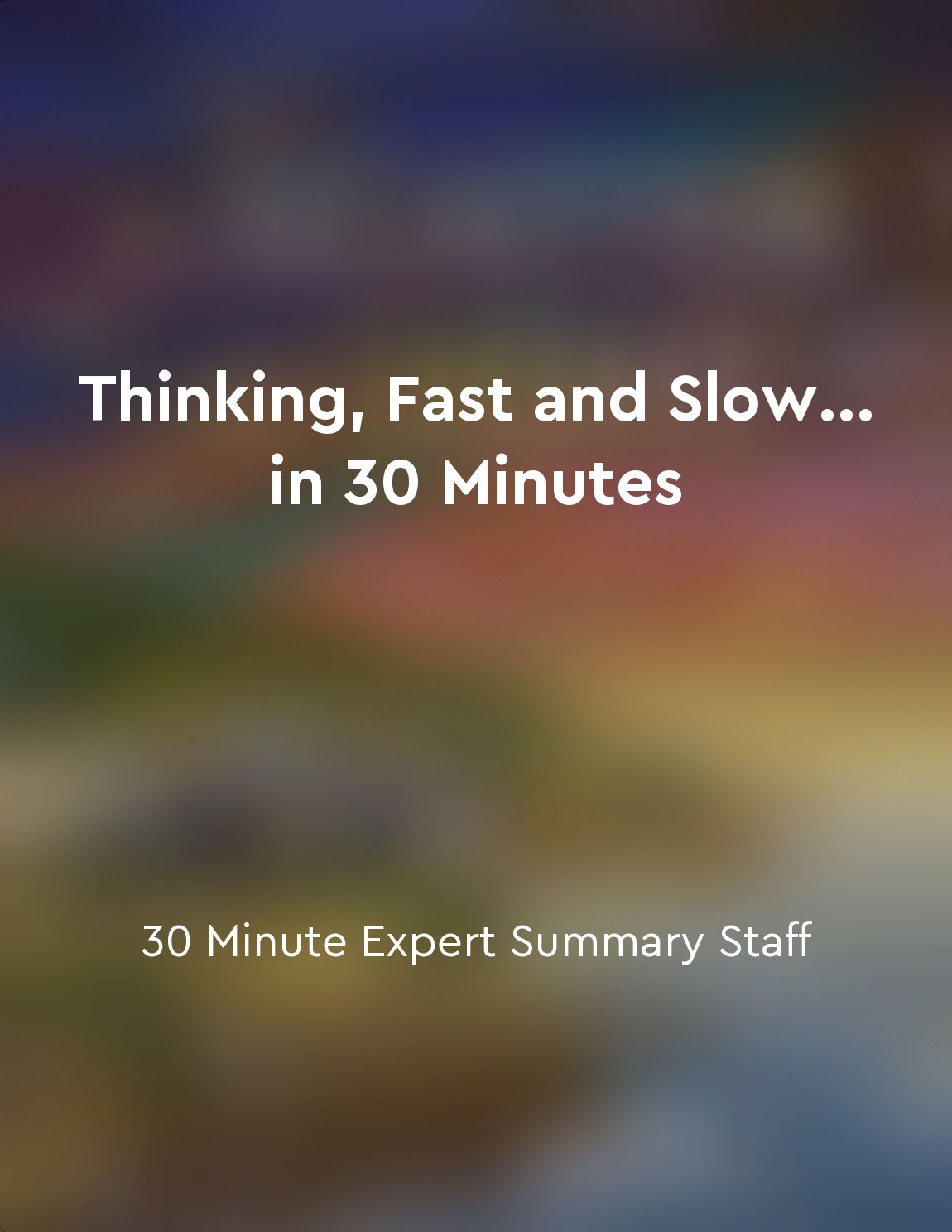Boyle emphasized the importance of witness testimony from "summary" of Leviathan and the Air-Pump by Steven Shapin,Simon Schaffer
Robert Boyle placed great value on the role of witness testimony in establishing the credibility of scientific experiments. He believed that firsthand accounts from individuals who had actually observed an experiment were crucial in validating the results and conclusions drawn from it. Boyle was of the opinion that witness testimony provided a level of certainty and reliability that could not be achieved through mere theoretical reasoning or speculation. For Boyle, witness testimony served as a means of verifying the accuracy of experimental observations and ensuring the integrity of the scientific process. He understood that human perception and interpretation could be fallible, but he also recognized the importance of having multiple witnesses to corroborate findings and reduce the potential for error or bias. Boyle believed that a consensus among witnesses added weight to the experimental results and increased their credibility in the eyes of the scientific community. In Boyle's view, witness testimony was essential for establishing the reproducibility of experiments and demonstrating the consistency of their outcomes. By having witnesses present during an experiment, Boyle sought to create a sense of accountability and transparency that would bolster the trustworthiness of the scientific method. He believed that witness testimony played a crucial role in building a collective body of knowledge that could be shared and scrutinized by other scientists. Boyle's emphasis on witness testimony reflected his commitment to empirical evidence and his belief in the power of observation as a foundation for scientific inquiry. He saw firsthand accounts as a way of grounding scientific claims in real-world experience and ensuring that they were firmly rooted in the empirical data. By prioritizing witness testimony, Boyle sought to uphold the standards of objectivity and rigor that he believed were essential for advancing knowledge and understanding in the natural sciences.Similar Posts
Blind faith can lead to manipulation and exploitation
Blind faith can be a dangerous thing. When we believe in something without question, when we let our emotions and desires cloud...

Anchoring bias influences judgments
Anchoring bias is a cognitive bias that influences how we make judgments and decisions. This bias occurs when we rely too heavi...
The authors highlight the role of rhetoric in scientific discourse
The role of rhetoric in scientific discourse is a central theme in this work. The authors delve into the ways in which language...
The book emphasizes the importance of historical context in understanding science
The understanding of science is deeply intertwined with the historical context in which it develops. The book explores how the ...
Scientific knowledge is shaped by power dynamics
The production of scientific knowledge is not a neutral process. It is deeply entwined with power dynamics that shape what is c...
The book challenges traditional views of scientific objectivity and truth
Through a detailed examination of the dispute between Thomas Hobbes and Robert Boyle in the 17th century, Shapin and Schaffer r...
